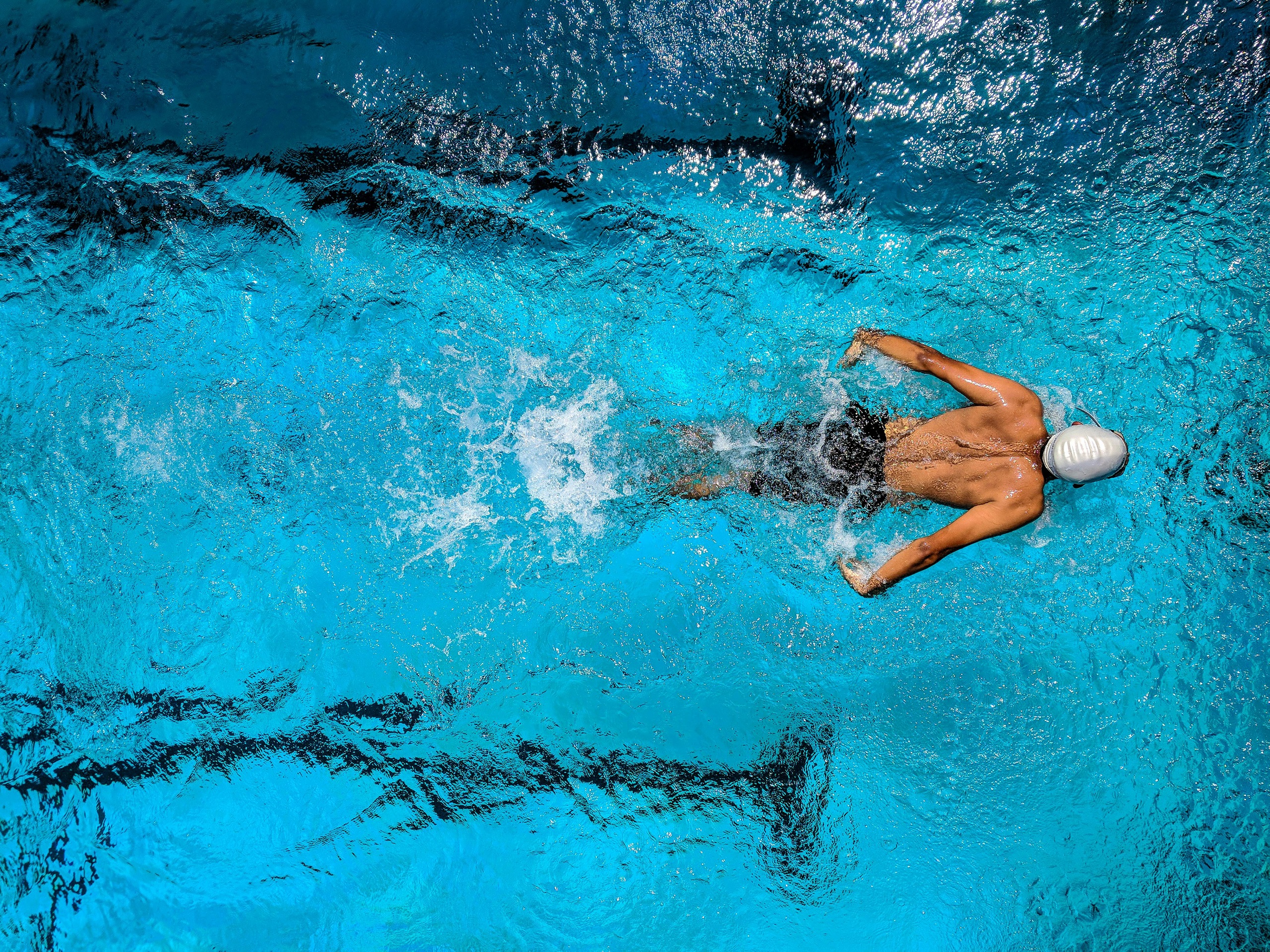Social Media Lessons Young People can Learn from Olympians

Sub Title: We can't be what we can't see
Source:
The Summer Olympic Games will kick off this month in Paris, returning to its traditional four-year Olympic cycle after the 2020 Summer Games were postponed to 2021 due to the pandemic.
From the torch relay to the closing ceremonies, together we’ll witness the world’s greatest athletes pursue their long-awaited dreams in familiar sports like gymnastics, track and field, and swimming — alongside newer additions such as breakdancing, which makes its Olympic debut this year.
Even if we can’t travel to Paris in person, we can get close to the action. In guidelines released earlier this year, the International Olympic Committee encouraged athletes to share their Olympic journey with fans on their social platforms — from life in the Olympic Village to the opening and closing ceremonies and even their competition venues up to one hour before they start their competition. What a thrill to have backstage access from athletes’ points of view during one of the most exciting and high-pressure days of their lives!
After spending several years working in social media at ESPN and seeing athletes use tech for good, I now have the amazing opportunity to work with tens of thousands of students worldwide, empowering them to navigate social media and technology in positive ways. Here are three lessons I learned from following influential athletes and Olympians, who can help us all better navigate the ever-changing world of social media and technology.
Rise Against Online Harassment – Fans are able to connect with athletes more than ever before thanks to the power of social media, and that’s generally a good thing. However, the rise of sports gambling combined with access to athletes via social media has led to a disturbing rise in online harassment directed at athletes. According to the NCAA, “one in three high-profile athletes receive abusive messages from individuals with a “betting interest,” and the athletes themselves often see these messages. Online harassment can impact them negatively, and alternatively, a positive comment can uplift and motivate. Whether your favorite athlete wins or loses, let’s keep all of our comments, reels, and posts positive and supportive.
There are a lot of critics out there, and today’s experience of critics in the media and among our “friends” online echoes a famous speech that Theodore Roosevelt gave in Paris (coincidentally) in 1910. He said that it’s “not the critic who counts” and that credit belongs to the person “who is actually in the arena, whose face is marred by dust and sweat…”. He reminded his audience that the person in the arena either knows achievement or, at worst, “fails while daring greatly.” Sometimes it takes courage to stand up for ourselves or for others, but it’s always worth it.
Find Your Influencers – Growing up as a young student-athlete with big dreams in rural Pennsylvania, I didn’t have access to a ton of positive female role models in sports, but that all changed when I began using social media in high school. I followed and connected with women on the U.S. National Field Hockey Team and became inspired and empowered watching them put in the work and achieve their goals. Social media was a way for me to ‘see what I could be,’ and it had a profoundly positive impact. Some of the positive role models my team at The Social Institute and my own family will be following during these summer games include:
- Simone Biles: The most decorated gymnast in history needs no introduction, but even the greatest of all time is human. Biles withdrew from the last Olympics citing “the twisties,” a mental block that impacts gymnasts’ ability to sense their movement and position in the air. She heads into Paris as the top seed, and fans are hoping she can avoid the twisties and take home the gold. Follow her @simonebiles.
- Noah Lyles – An American sprinter who is a longtime admirer of Usain Bolt and hoping to break his hero’s records in the 100m and 200m events. Lyles runs a non-profit with his brother dedicated to youth wellness, helping children thrive mentally, physically, and emotionally. Follow his journey @nojo18.
- Hunter Woodhall + Tara Woodhall: An Olympic power couple, Hunter is a Paralympian sprinter and Tara is an Olympian jumper. The married couple has a popular joint YouTube account where fans can follow their training and Olympic journey: @TaraAndHunter.
- Katie Ledecky: The most-awarded female swimmer in history, Ledecky returns to the Summer Games twelve years after debuting as a 15-year-old prodigy who unexpectedly took gold in the 800-meter freestyle. Now, as a veteran Olympian, she’s a leader to the rest of the team. Follow along @katieledecky.
- Gretchen Walsh – Making her Olympic debut at 21, Walsh recently set a world record in the 100 butterfly semis, marking the first time a world record was set at trials since Michael Phelps in 2008. Follow her journey @gretchwalsh2.
- A’Ja Wilson – A two-time WNBA MVP, she took home the gold at the 2020 Tokyo Olympics. Wilson is known for her leadership on and off the court, and became a NYTimes Bestselling author earlier this year with her book Dear Black Girls: How to Be True to You. Check her out on TikTok and Instagram: @aja__wilson and @aja22wilson.
- Sunisa Lee – The defending Olympic all-around gold medalist for gymnastics, Lee has been sidelined much of the past two years due to a kidney disease and was told by doctors she may never compete again. She’s fought through her illness and with support from Biles and other teammates, is hoping to overcome her challenges and peak in Paris. Follow her on TikTik and Instagram, where she shares make-up tips, “get ready with me” videos, and of course, gymnastics content: @sunisalee_.
Model the “Rookie, Varsity, Pro” Approach – Simone Biles didn’t become a four-time Olympic gold medalist overnight. She started as a six-year-old rookie in her local gym and progressed in her training throughout the years. We can follow the same approach with social media and tech.
- In the “Rookie” stage, a young person might have a Verizon GizmoWatch, which only connects them with a few approved contacts. In the “Varsity” stage, they may use a Family Device more frequently or have their own smartphone, but it’s crucial to discuss and agree on various limits. “Pro” is when a child has a device with fewer restrictions, and our aim is for teens to reach this phase in high school given they’ll have unlimited access when they’re on their own after graduation. By gradually introducing kids to technology, parents and educators help them develop their “mental muscle” by allowing them to navigate age-appropriate situations.
As you tune in to watch the Olympic games, empower the young people in your life to find, follow, and connect with their influencers online, spread positivity, and nurture their well-being by gradually growing their tech use. While we may not be able to match our favorite Olympian’s athletic ability, we can all win at social media by navigating it in positive, high-character ways during the Olympics and beyond.

 Laura Tierney
Laura Tierney